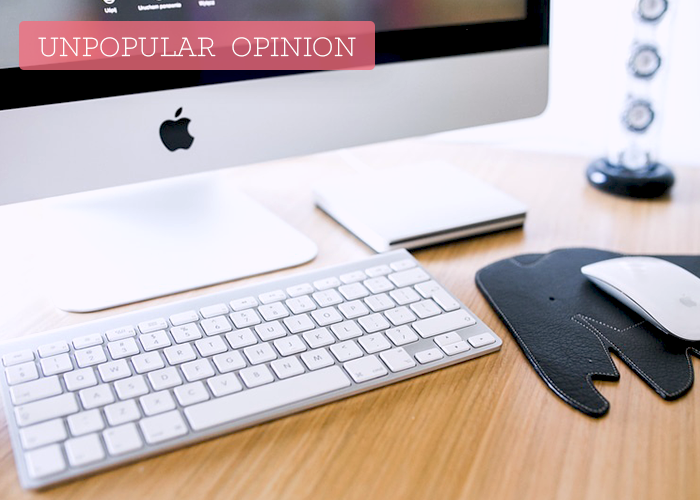I Don’t Need A Budget, Because I Do This Instead

A year or so ago my friend and I were going for a hike and talking about traveling. I’ve always wanted to go to Ireland but could never find the right time to go. It looks like I’m finally going to go this fall, but anyway, my friend asked me what I spend my money on if not on travel. The question really got me. I probably answered by saying something about my rent and bills, but it got me thinking. What do I spend my money on?
Unless I’m saving up for something specific, like going on a vacation or to a concert, I’ve never created a budget. I’ve never really seen the purpose of one. Instead, I’ve cultivated a minimalist mindset, which to me, means buying what I need and saving the rest. Whatever savings I do manage to set aside, I view as money that I have in case something goes wrong, like my car breaks down, or I end up needing a medical procedure or something. It’s not every exciting, but it’s certainly practical. It’s about more than just that to me, though.
To me, minimalism is not just about having less stuff, it’s about being intentional about what you bring into your life. To think of minimalism when it comes to money sounds like a bad thing, because we would all like to have more money, not less of it. But for me, it’s not just about what or how much you have — it’s also about consciously choosing what comes into your life. That can be objects you own, but it can also be about what you choose to experience or how you spend your time.
It’s a mindset and way of life that can also be healthy for your finances. For me, it’s less about pinching pennies and sticking to a budget, and more about thinking intentionally about how I choose to spend my money. It’s kind of like the difference between losing weight as a result of focusing on more overall healthy choices, and losing weight by restricting the amount of calories you consume.
Essentially this is how I think/what I do instead of having a budget:
1. The common wisdom says you should save x percentage of your paycheck for your monthly bills, x percentage for incidentals, and x percentage for savings/retirement. Instead, I think of my paycheck as 100% savings and think of my bills as cutting into that savings.
2. I don’t have a grocery budget. Instead, I write a list of things I need and shop from it. Sometimes my bill is more than $50 a week and sometimes it isn’t, but I don’t stress because I know everything I bought is stuff I will actually use. Whenever possible, I cut costs by using coupons, buying generic, or by buying toiletries and other items where I can get them cheaper (not always the supermarket). If I have things in my cabinet like bread crumbs or spices leftover from previous recipes, I try to cook things that will use them up, rather than let them expire or go to waste.
3. I only keep items in my apartment that I use or love. If you consciously keep your belongings pared down to the essential comforts (you don’t even have to be extreme about it), then when you go to the store, you don’t feel the need to impulse buy from the Target dollar bins, or whatever your weakness is. In the back of your mind, you know it’s clutter you’ll eventually get rid of anyway, so you choose not to spend money on it.
4. With less stuff, you can dedicate more energy to selling items when you no longer need them. When you always have a surplus of things, it takes way more effort to sell a bunch of items (think: selling on eBay), making it more likely that you’ll donate them rather than try to recoup some of the money. Although donating is great, too!
5. I sweat the small stuff. Is it really important that this cup of coffee come from Starbucks, or can I drink the free Keurig coffee back at the office? I don’t deprive myself, but I make sure I buy mindfully rather than for the sake of convenience, even if it’s something little. I think critically before committing to an experience. What’s the purpose behind it? Relaxation, time with friends, something else? Knowing what you hope to get out of an experience helps you make sure the money is well spent. If you want a vacation to catch up on your creative projects, why spend money on a plane ticket when a staycation will do? If sitting on a beach is really what you want, then is using some savings (though not all of your savings) what you want to do? Maybe yes, and maybe no. It’s circumstantial, for me.
Some of us have more wiggle room than others when it comes to savings and this is in no way meant to minimize the stress that comes with paying off student loans and debt while trying to make ends meet. But my point is that my approach to money is mindfulness and practicality 100% of the time, which I think of as a “minimalist mindset.” I think of my money as “born as savings” and then use it accordingly, and for me, it accomplishes more than a budget could.
Image via Unsplash




